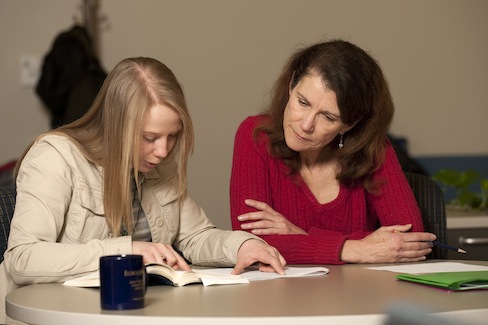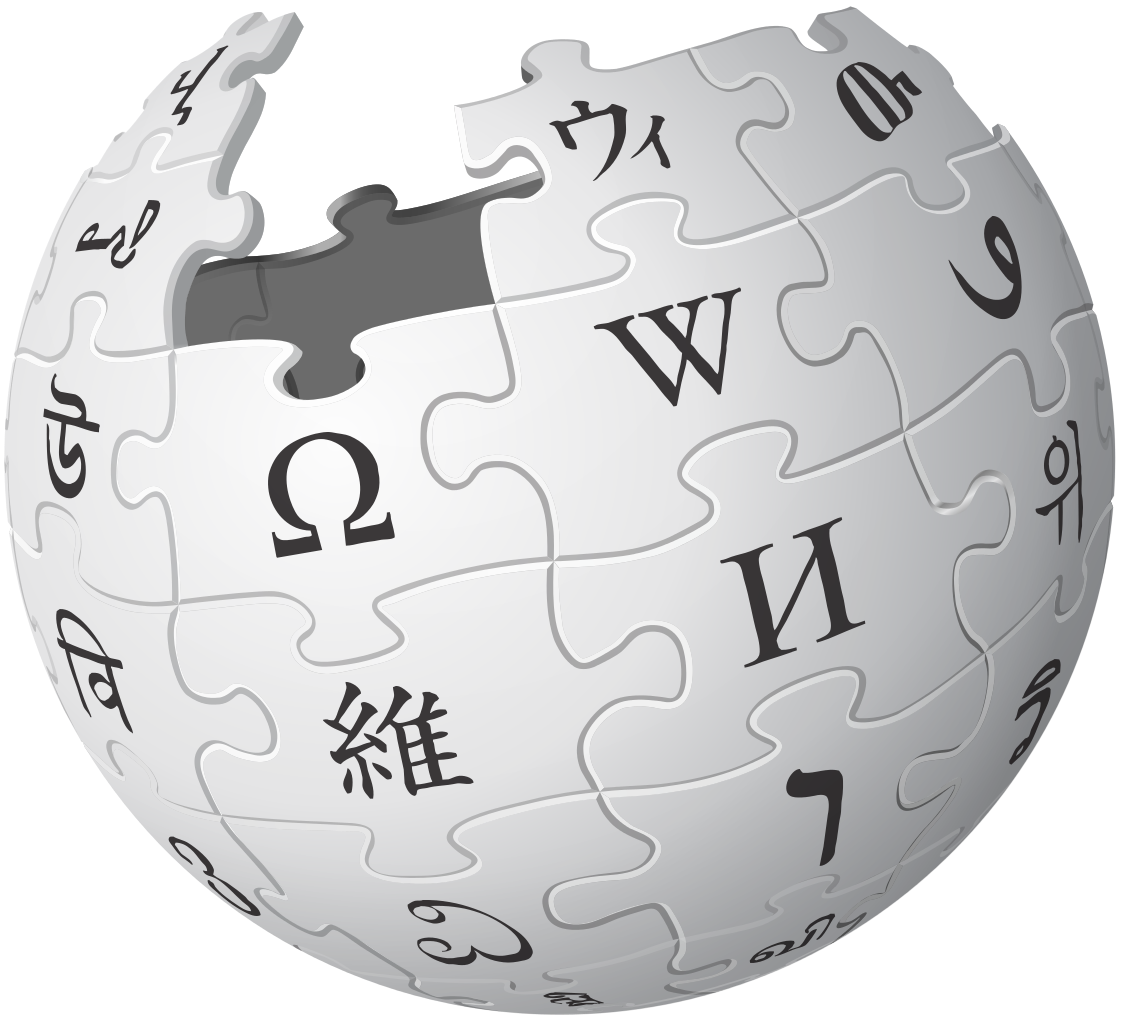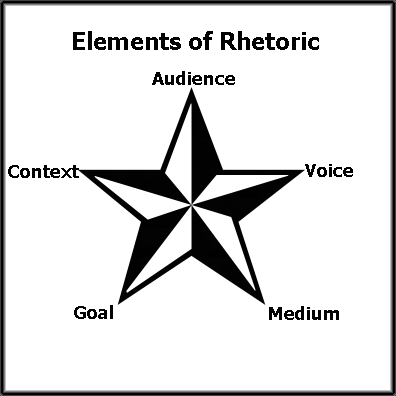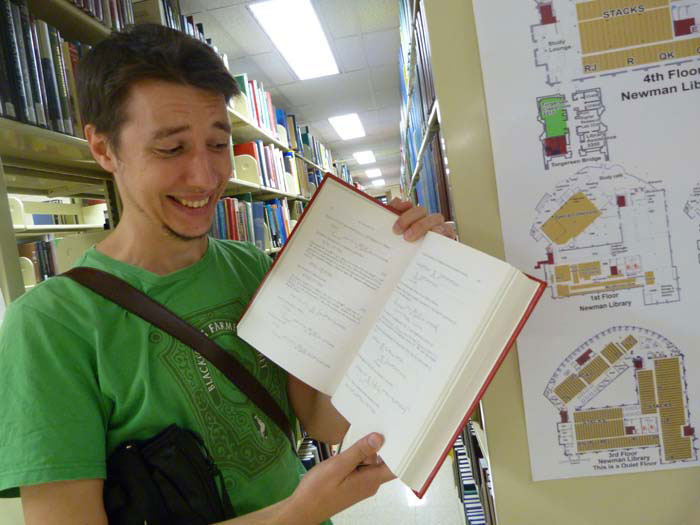By: Alisa Russell
Alisa Russell is a Master’s student in the Teaching Writing and Literature program at George Mason University. She works as an administrator in the Writing Center, a research assistant for Writing Across the Curriculum, and a teaching assistant for First Year Composition. Her current research interests include the Writing About Writing movement in composition theory/pedagogy and Writing Center training and strategies for working with multilingual writers. You can reach her at wac@gmu.edu.
As a recent Writing Center tutor, a Writing Center administrator, and a current teacher of First Year Composition, I am uniquely positioned between the worlds of the Writing Center and the classroom. This position gives me a type of fluency in both languages – that of the Writing Center and that of a classroom teacher – and I can see spaces where the two languages do not necessarily align. One of these disjointed spaces can occur in how professors talk about and conceptualize the Writing Center for their students and how the Writing Center attempts to create its image and goals for student writers in all disciplines.





